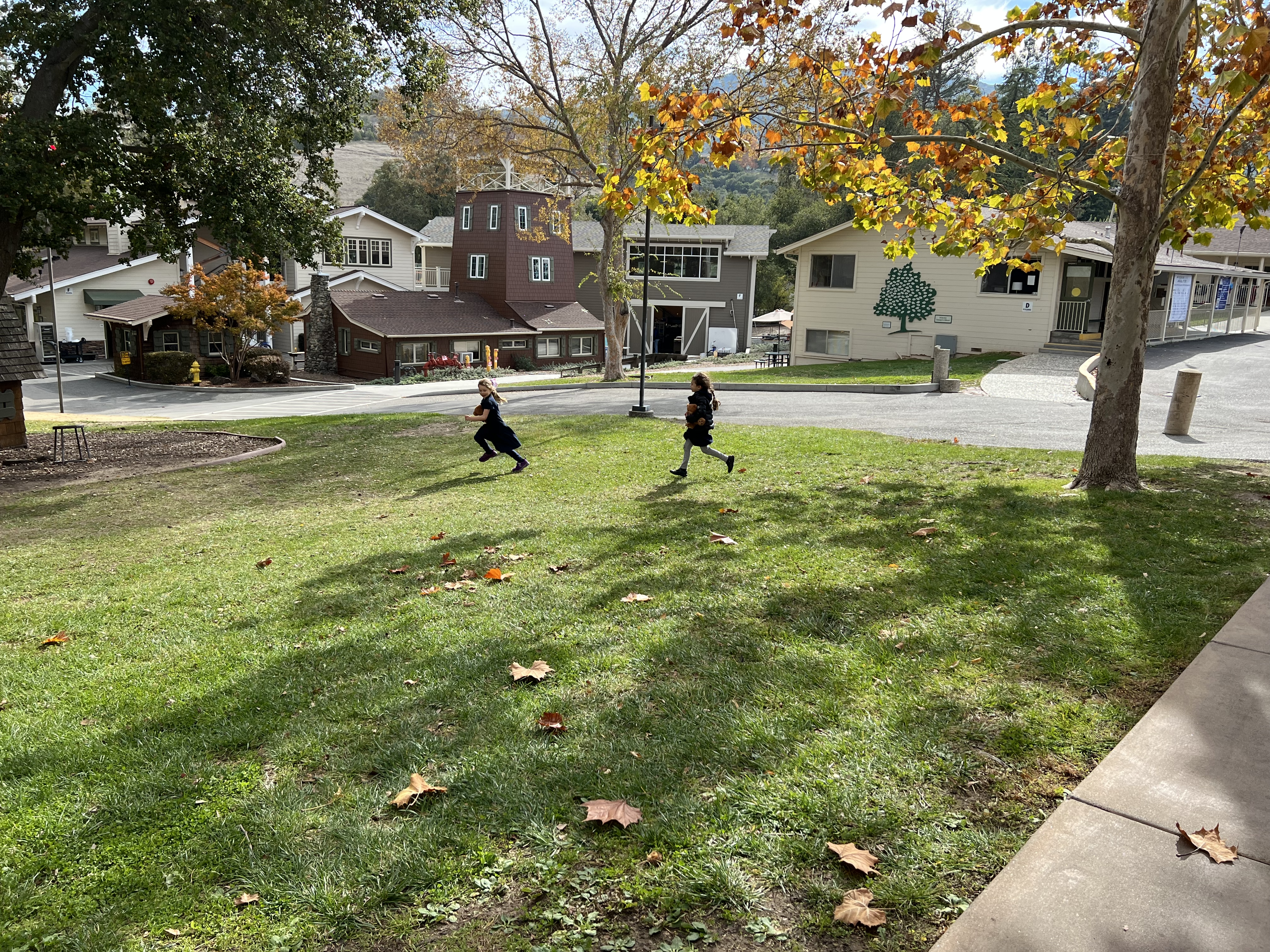Welcome to our Curriculum Connections! This is your weekly periscope into classes across campus – we’ll share new learning, challenges, accomplishments, and commentary from students in Lower and Middle School. Enjoy!
Third Grade Authors Unite – Crafting Confidence and Skills Through Community and Writing
Third graders held their first “Publishing Party” this week, bringing classmates, teachers, and other adults from school together to read and compliment each child’s “Small Moment” book, written about a real-life, meaningful memory. Throughout this unit, students moved through all phases of writing, from planning to drafting to revision, guided by daily mini-lessons in which they learn a new skill or concept and then use “mentor texts” to see that skill applied by a diverse array of authors. Third graders will write and publish a number of books this year, each focused on a different form of writing, from autobiographical moment to informational text and more. At the party, as they read, participants also practiced their literature appreciation and analysis skills by writing down a compliment for their classmate, naming a specific way each author included detail, chose “juicy” words, included dialogue, or captured their readers’ attention. In Writer’s Workshop this Friday, as they begin to build toward their next unit, students practiced their independent free-writing, a staple of our writing curriculum which gives students routine, silent, independent writing practice in their writers’ notebooks to apply skills they are learning from mentor texts to writing of their choosing. Inspiration prompts from the teacher help students choose a topic quickly if they need an idea, while many students are days- or weeks-deep into writing “chapter books” during this free writing time. Continuing our approach of authentic writing with a purpose, at the end of students’ independent writing block they can sign up for the day’s “Author’s Share,” when they read aloud what they wrote that day. At this Friday’s Author’s Share, third graders read a range of fiction and nonfiction segments from their notebooks. Including, “Into the Darkness. Chapter 4: A Savior. I had a flash of memory but it was not my memory…” And, “On June 18, 2022 something big happened.” Another student read this at Author’s Share: “She is the owner of the guinea pigs and I am a Tae Kwon Do Master.” As they read, peers listened quietly, preparing to share a verbal, specific compliment about their peers’ writing from that day, continuing our commitment to building students’ confidence and skills for writing, reading, listening and speaking all within a community of practitioners.
Fire Signs and Dire Finds: Natural Disaster Studies in Middle School English and Science
Seventh graders are deep in an interdisciplinary study across English and Science class all about fire ecology, natural disaster response, and climate. In English, students are in four different book groups, based on book preference, reading a range of stories about wildfire, natural disaster, climate change, and our responses to these moments big and small. In their book clubs, students play different roles each day, cycling responsibility for facilitating the day’s discussion of the last nights’ reading, being a contributor, and being the day’s Research Assistant. Facilitators guide the group through a check-in question and a series of analysis questions, some provided by their teachers and some of their own design. The Research Assistant arrives to class prepared with a presentation they’ve built after developing a question related to the nights’ reading and performing some follow-up research to teach their group members about something connected to the passage. For example, one group member arrived to class as the Research Assistant prepared to teach their group about the statistical causes of wildfire. After hearing his presentation, a peer reflected, “Most of [wildfires] are due to human carelessness, which I sort of already knew. But [the presentation] was interesting because it went more in depth about how it actually happens.” Another student shared, “I think I’ll pick– because there’s one character who’s from a Native group in the Churchill area. I think it’s in Canada. And he’s telling the other character about his tribe’s beliefs. I thought that was super interesting so I will probably research the tribe and its beliefs when it’s my turn [to present].” Analysis questions that unite the different book groups invite all students to: consider how gender plays a role in disaster response, share their own experience with natural disaster and/or imagine what they would take if they had a very limited amount of time to leave their home, and to reflect on how climate crises and changes will affect different groups around the world differently. Students are also using this book club context to learn MLA formatting and preparing to write nature-focused poetry around an extended metaphor, connecting close observation skills they are building in science to dedicate a piece of poetry to an individual tree on our campus.
